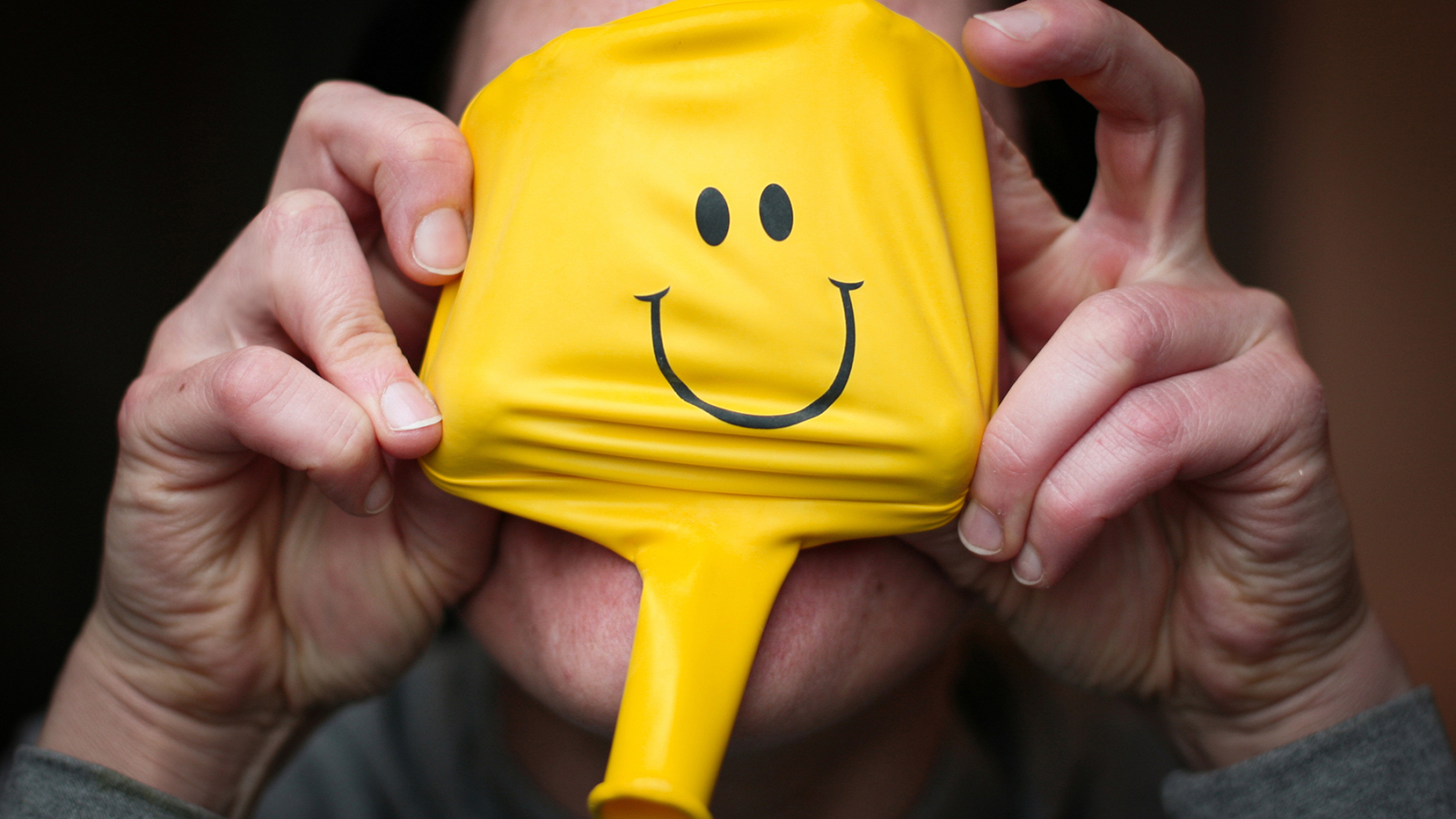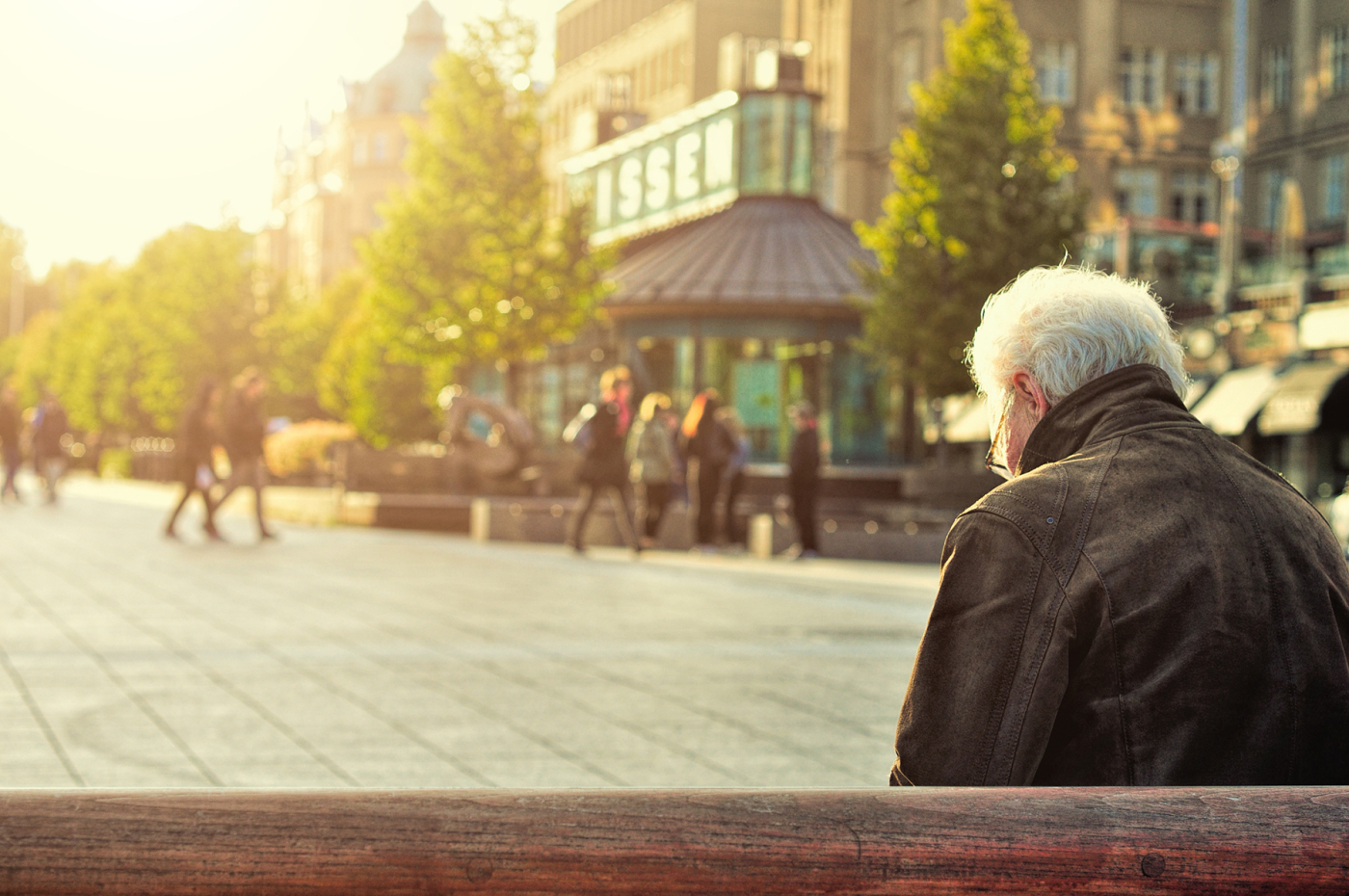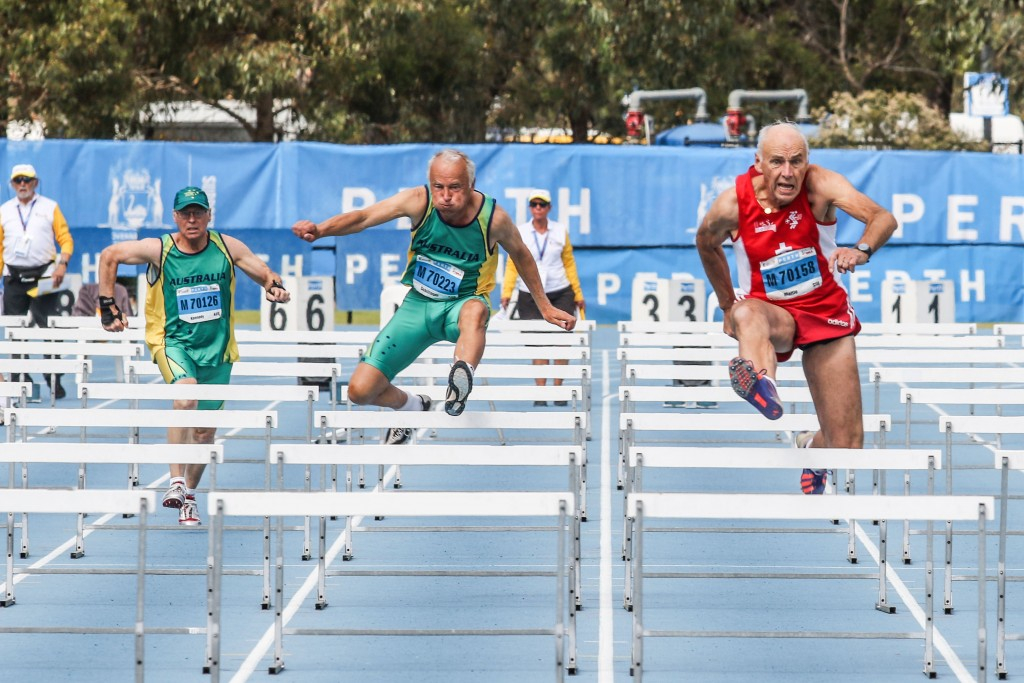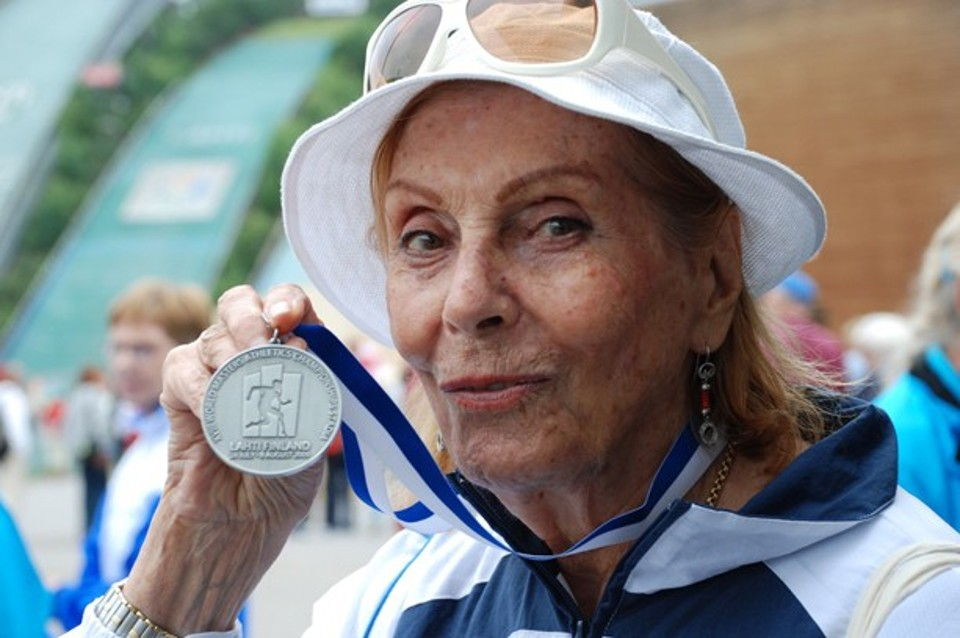Active ageing

An octogenarian running past you on the street. A ninety-year old throwing discus like an Olympian athlete. Or even someone who outlived a century, still competing in the field. Why not? In the documentary Autumn Gold, the second screening in the Movies and Science: Forever Young series, we follow five seniors competing against their fellow contestants in the track and field World Masters Championship. This also means they have to fight the predominantly negative stereotypes about ageing that circulate in our society. According to geriatrician dr. Mariëlle Emmelot-Vonk, we should move away from the stigmas surrounding ageing, and embrace the beauty of it. Because, she explains, old age doesn't have to be bad, as long as you age actively.

To age or not to age. That is the question?
A growing share of the population in Western societies is elderly, or at least reaching seniority. At the same time, the life-expectancy keeps increasing, which means there are not only more older people, they also live longer than ever before. The question is how society will deal with the consequences of this development. Will there be enough public money to pay for all the health care needed? How can we better include older people into society, instead of hiding them away in care homes, where they often feel like second-rate citizens, useless, and out of sorts. Emmelot-Vonk suggests we stop looking at old age as a problem, or as a disease that might be fixed with a pill in the near future. According to her, successful ageing is possible, and physical activity is the key to it.

Successful ageing
One of the most important physical processes of ageing is loss of muscle, which decreases one's strength and increases one's dependence on others. This loss is largely caused by the decline of male hormones in the ageing body. There are, however, several things you can do to slow down the process. For instance, a sufficient intake of proteins and vitamin D is needed. Even more important, Emmelot-Vonk notes, is exercise. It counteracts ageing, because it helps preventing obesity and chronic diseases - factors that speed up muscle-loss. The documentary shows a group of elderly who do just that: age actively. We see the 85-year-old Ilse Pleuger grumble over a missed centimetre while at the same time obtaining the title of world champion at the field and track championship. Or what about the 82-year old Jíri Soukup? He would still easily outrun any twenty-year-old couch-potato in a running competition. They stay ambitious, and they keep on pursuing their dreams and goals actively. Very actively.

So, let's get active!
Emmelot-Vonk sees an active lifestyle as the key to successful ageing. And it is never too late to change your lifestyle. But even if elderly people are fit and healthy, the question remains whether the younger members of society are also ready to actively embrace ageing andageing people. No wonder the 94-year-old Gabre Gabric smirks at questions about her age. She is right: age should not matter.
The next episode of Movies &: Science is on May 1st. We then screen Alice Cares.Three elderly ladies in a nursing home become friends with Alice. She is a robot that talks, sings, laughs and even encourages them to do gymnastics. Q&:A with prof Steven Vos (Industrial Design, TUe). Is advanced technology the only answer to the increasing demand for health care? >:>: Free tickets




